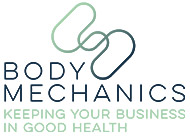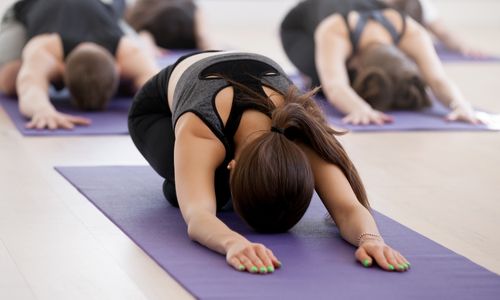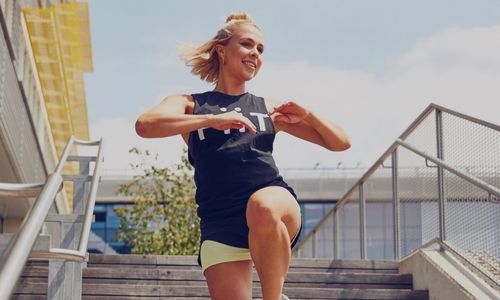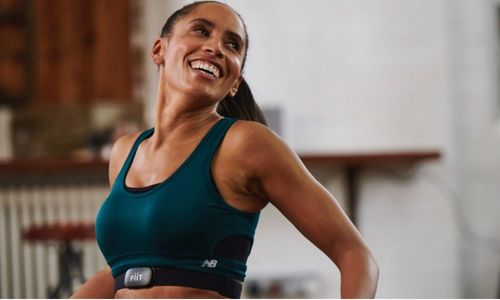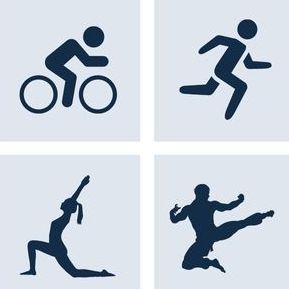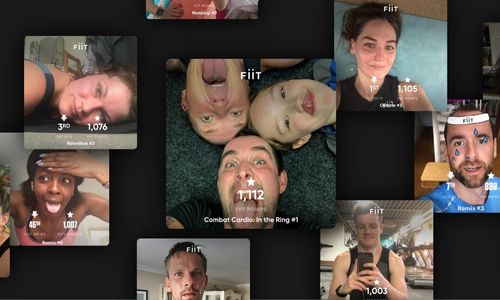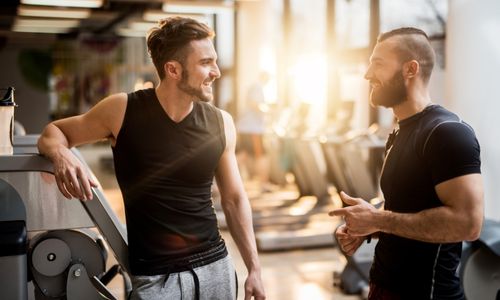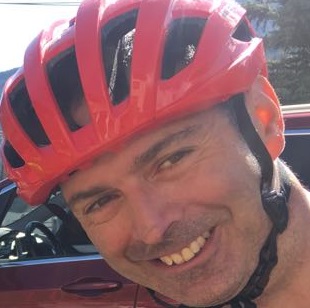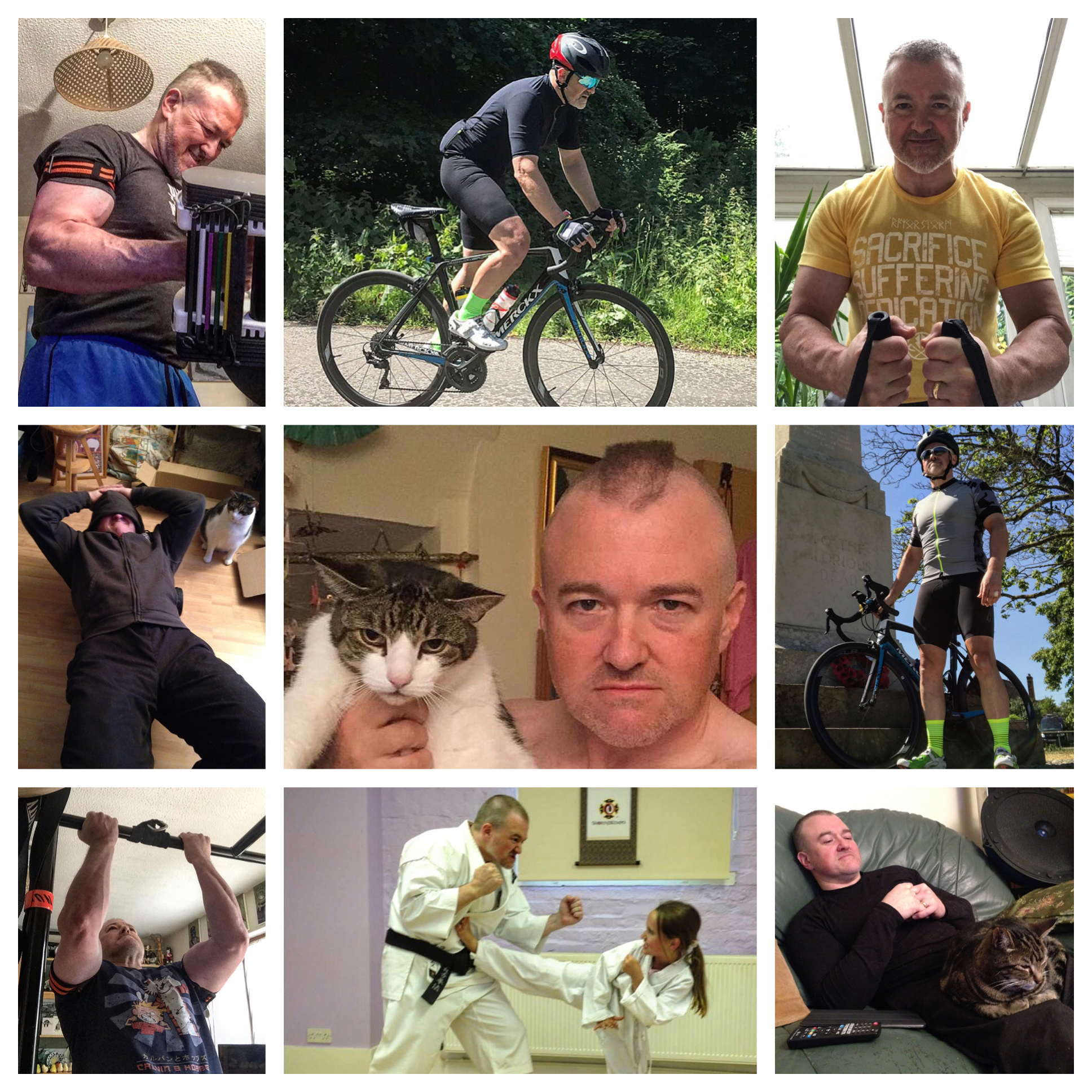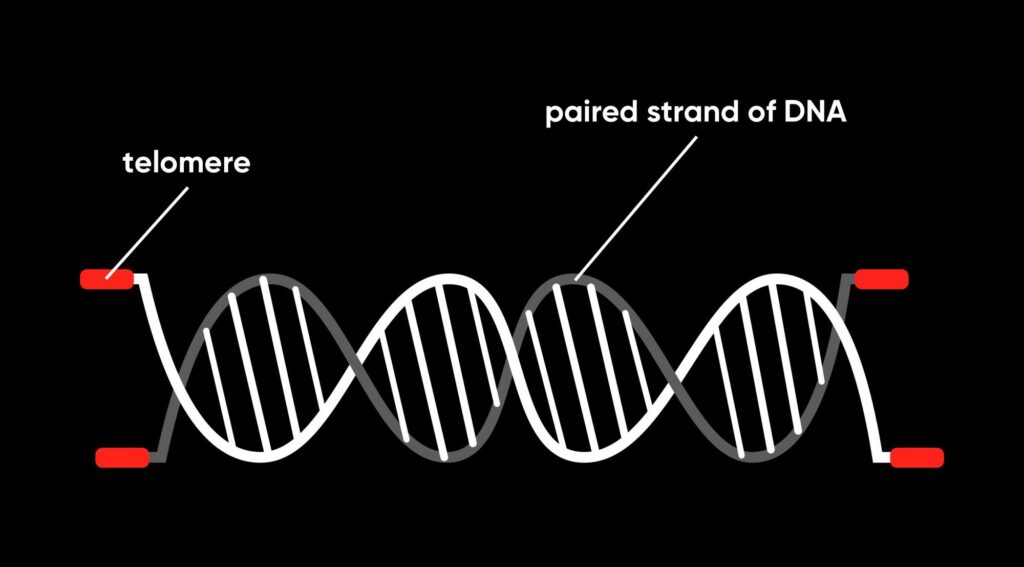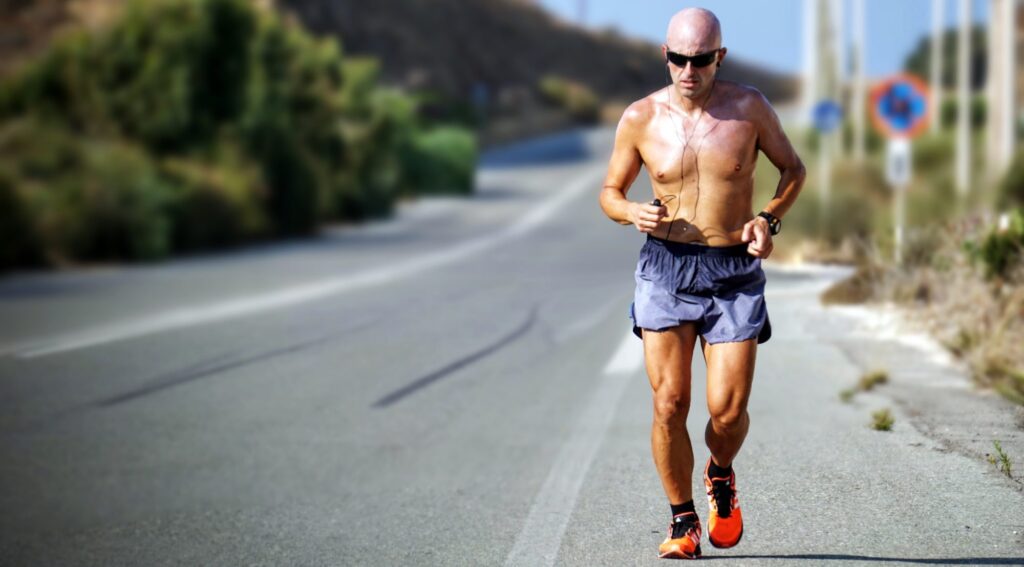Therapy in Focus – Yoga
Exercise and relax both the body and the mind
What is Yoga?
By controlling the breath through a series of rhythmical movements, yoga gently encourages you to rediscover the mind-body connect. Yoga helps to keep the body in balance by using your own body weight to keep muscles and joints supple, by creating space through the spine using gentle stretches, thereby improving overall strength, posture and function. Using the breath as a way to ease into these movements and postures introduces a meditative element and helps calm the mind.
How Can Yoga Help?
Yoga is great for building both strength and flexibility; for increasing mental clarity and focus, promoting health and wellbeing overall.
Yoga can help with:
- Mental fatigue or calming a busy mind
- Muscle tension and tightness
- Joint pain and discomfort
- Stress
- Insomnia
- Headaches and migraines
- Digestive conditions
- Posture
What Does Yoga Involve?
There are many different forms of yoga which means it’s suitable for all age groups and fitness levels.
Prior to your yoga class, your Instructor will discretely discuss any health conditions and symptoms as appropriate, as well as your overall health and wellbeing goals.
Each class begins and ends with a short period of relaxation to calm the mind. Your Instructor will then lead you through a series of movements, postures and relaxation techniques, always focusing on the use of the breath. Variations of these movements and postures may be given depending on your flexibility and capability.
On-site yoga classes available before work, during lunchtime or after work.
Available as 1-2-1 sessions or classes of up to 15 people.
Online yoga classes are also available through our Partner Providers, Fiit.
WANT TO BOOK A YOGA SESSION
